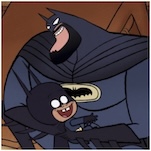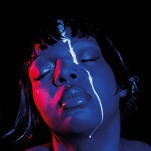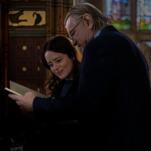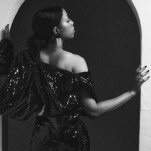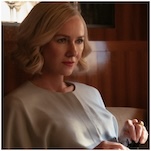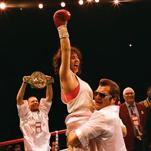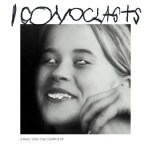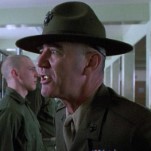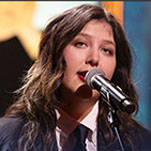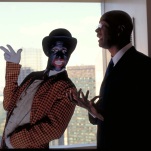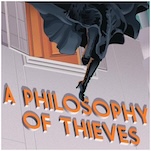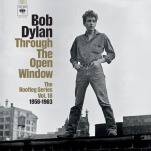Rebecca Hall’s Debut Passing Is a Well-Acted If Strained Literary Adaptation
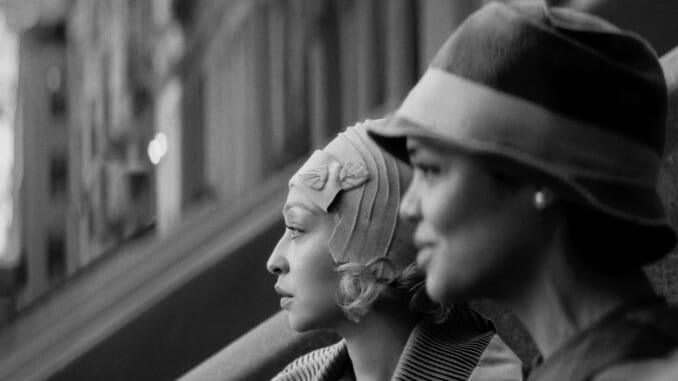
Most actors making their feature directorial debut tend to focus on, well, other actors—and it’s certainly the case that Passing, the feature debut for the wonderful actress Rebecca Hall, is attuned to the performers at its center. Hall, who can bring a sense of gravity to even the cheerfully ridiculous likes of Godzilla vs. Kong, here gets to work with a pair of performers with similarly assured-yet-grounding talent: Tessa Thompson and Ruth Negga, playing childhood friends who unexpectedly reunite as adults in 1920s New York City. Irene (Thompson), nicknamed “Reenie,” is married to Brian (André Holland), has two young children, and is firmly ensconced in the upper middle class. Clare (Negga) is married, too—to a man who has no idea that she, like Reenie, is Black. Both Reenie and Clare are light-skinned enough to “pass,” and while Reenie has episodes where she allows incorrect assumptions about her race, Clare has made a whole life out of pretending to be white.
-

-

-

-

-

-

-

-

-

-

-

-

-

-

-

-

-

-

-

-

-

-

-

-

-

-

-

-

-

-

-

-

-

-

-

-

-

-

-

-










